Animal Rights and Humanity Dick
Have you ever wondered when the idea of "Animal Rights" first came to people's minds? Many a home in Ireland is graced with canine and feline residents, and often there is livestock that help provide a family's living. In this letter, we will read about how the rules for proper treatment of animals originated through the efforts of one "humane" Irish man.
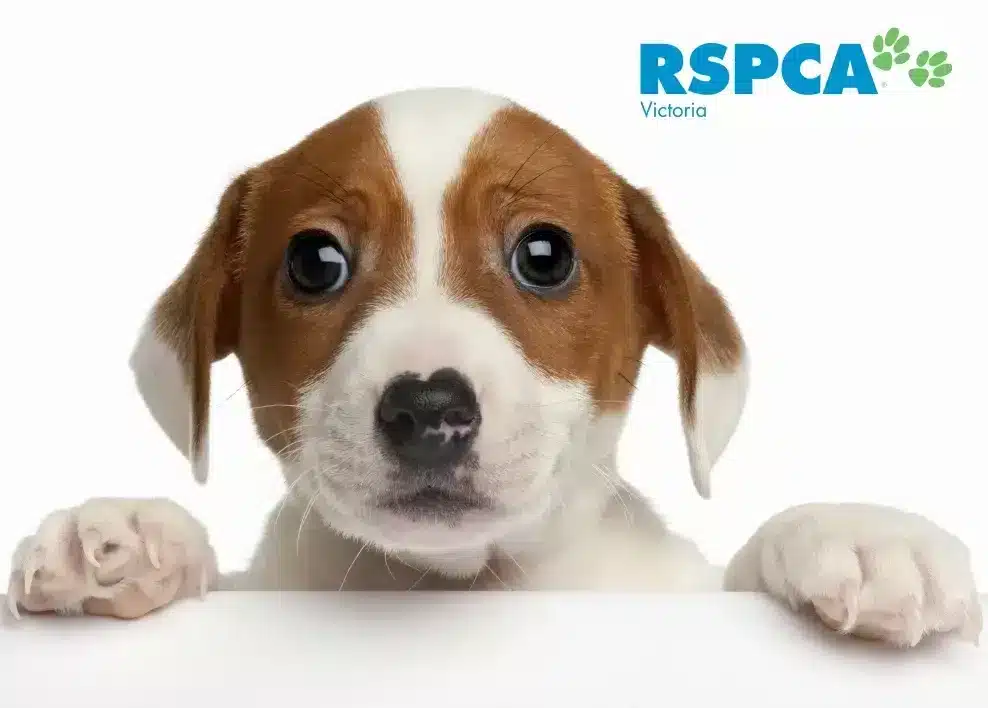
Let me start with a question – do you have a pet? Maybe you live on a farm and keep livestock? We had a Springer Spaniel and two cats up to quite recently – they lived long and happy lives in a loving family home.
Well, one of our readers, Rob Hepburn from Northern California – always shows up in the Green Room with a picture of himself and “Petey”, his loyal canine companion.
So, this week we are going to tell the story of one of the Irish surnames in Rob’s family tree, and look at the link of one particular gentleman to a famous society that has done so much down the years for the advancement of animal welfare around the world. First, let’s have Rob introduce himself:
“Hi everyone,
My name is Rob – I have the surnames Mulvany-Martin on my mom’s side and Dooley-Hepburn on my Dad’s side. The Martins come from a farm in Westmeath while the Mulvanys from south Dublin City and Sligo before that. The Dooleys are from Waterford. The Hepburns might be from Donegal, but I don’t know for sure.
I’m very happy to be part of this forum. Thank you All.”
That’s how Rob introduced himself over a year ago in our Green Room forum and since then, we’ve actually met up with those Martin ancestors that Rob mentions in County Westmeath. Now, let’s move on to that particular surname – Martin.
One Family of One Tribe.
Have you ever heard of “The Tribes of Galway”? They were a group of merchant families who established the City of Galway from about the 13th century onwards. The family names included:
Athy, Blake, Bodkin, Browne, D’Arcy, Deane, Font, Ffrench, Joyce, Kirwan, Lynch, Martin, Morris and Skerritt.
Even today, you will find the flags of these families flying in the city central square and adorning its many lanes, roads and roundabouts.
Over time, the family reach extended to acquire large estates across the counties of Galway, Mayo and Roscommon. One of them was the Martin family – who set up country seats in Connemara where they built Ballynahinch Castle in the 1600s as well as Dangan House in closer to the city of Galway.
Richard Martin was born in Dangan House in 1754 to Robert Martin and Bridget Barnwall. His parents were both born as Catholics, but his father became a “Protestant of Convenience” – allowing his family to hold on to lands, and enabling Richard to obtain an education in England – eventually becoming a member of Parliament. These “privileges” would have been denied to someone of Roman Catholic faith through the 1700s. Richard remained a member of that parliament, on and off, until 1826. Right – that’s the background – but now let’s move on to the interesting part of the story!
The Birth of Humanity Dick.
The Martins appear to have been well respected as landlords in their native Galway. Richard Martin was brought up with strong sense of duty and care towards those less fortunate than himself – and this included all the creatures of the earth. He ran for Parliament fighting for Catholic Emancipation, and he must have been delighted as the Penal Laws came to be relaxed in the early 1800s – and fully repealed by 1829.
He also seemed to have an unusually humane attitude to animals through this time – even going as far as entering a duel with a man who had shot a young wolfhound (both the duellists were injured, not fatally!). He often took to the Parliament floor condemning the popular sport of animal-baiting – a favoured pastime for the gentlemen of the time. He successful proposed the “Ill treatment of cattle bill” in 1822 – which came to be known as “Martin’s Act”. This was the first piece of legislation, probably anywhere in the world, that recognised the rights of an animal to be treated in a humane manner.
He gave speeches on the streets, condemning bear and dog-baiting – and was often laughed and booed off his soapbox. King George went so far as to give him the questionable nickname of “Humanity Dick”. Slowly but surely, it seems that Martin’s unpopular agitation for animal rights was beginning to be heard by the other members of British society.
If you are ever in London one of these days, do head to St. Martin’s Lane in Covent Garden. There is a plaque outside number 77, commemorating the founding of the “Society of Prevention of Cruelty to Animals” in that very building in 1824. One of the three organisers of that meeting was our very own Richard Martin, M.P. On that night, he co-founded a society that eventually became the “RSPCA.” and laid down the model for animal welfare societies around the world.
Richard “Humanity Dick” Martin was exiled to France shortly afterwards (partly as the result of a colourful life that will surely become a film at some point in the future) where he died in 1834. The family seat and lands in Connemara passed from the Martin family shortly after his death.
So, to Rob Hepburn – and Petey the dog – I hope you enjoyed that story of one member of the Irish Martins who had such a strong and lasting influence on the way we conduct ourselves as a society today. Who knows, he may even be tied into your own Westmeath Martin branch!
How about you? Do you have any Martins in your Irish family tree? Or, maybe one of the surnames of those Tribes of Galway? Do feel free to leave your replies below and let me know.
That’s it for today – as always, do feel free to share any questions or stories of your own.
We’ll chat again next week!
Slán, Mike and Carina.

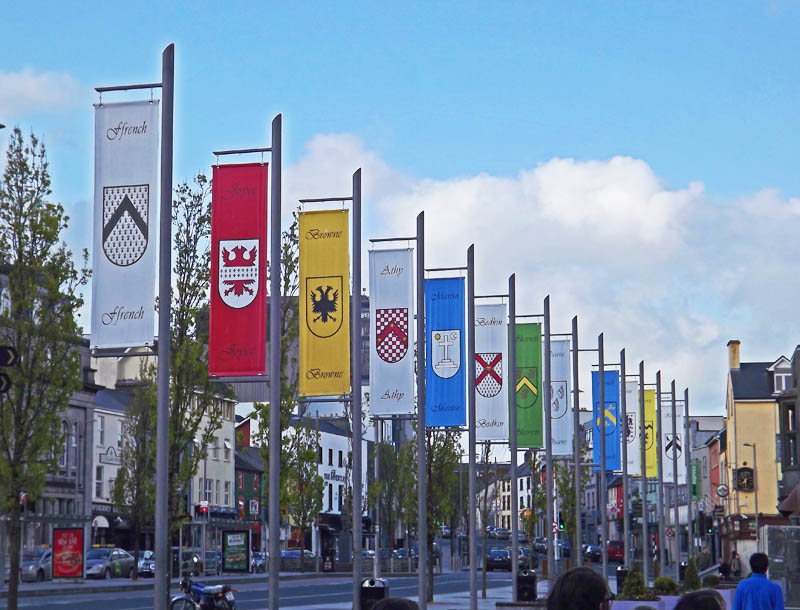
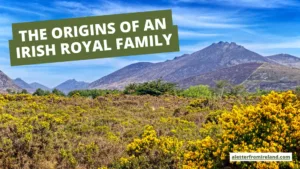
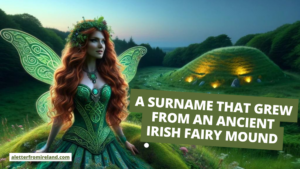
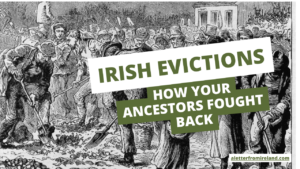
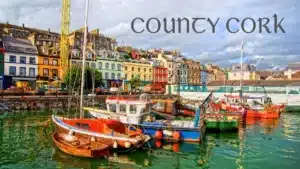
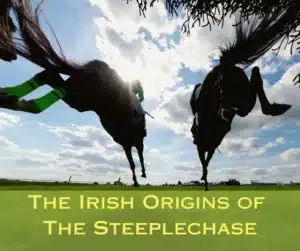
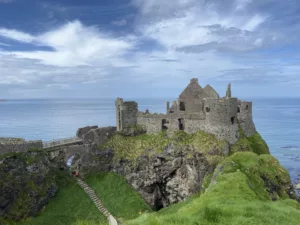
Only Plus Members can comment - Join Now
If you already have an account sign in here.